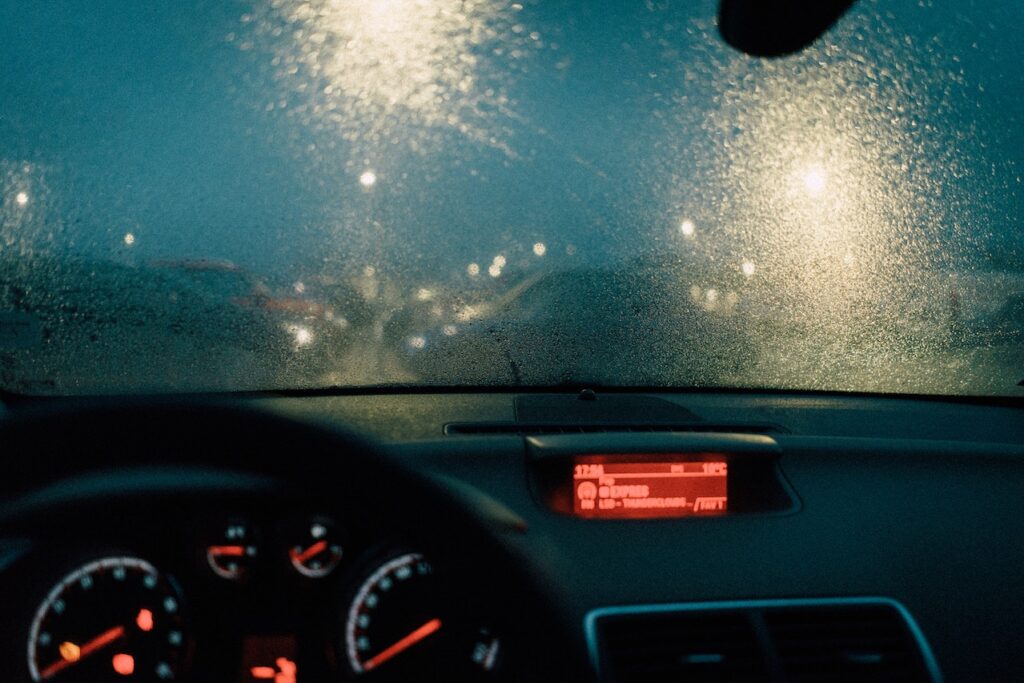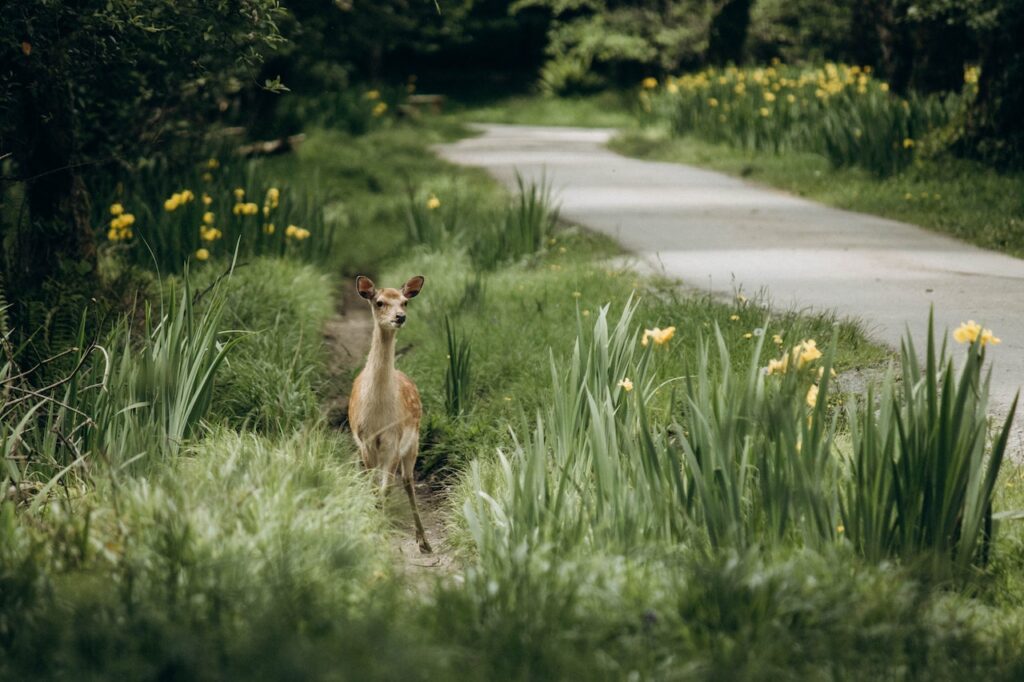Introduction
Imagine this: you’re cruising down the road, your favorite song playing, when suddenly, out of nowhere, an animal dashes in front of your car. It’s a rare but heart-pounding moment for any driver. I’ve been there, and in this guide, I want to share what I’ve learned about handling such situations safely.
The Initial Shock
Hitting an animal with your car is a distressing experience, and the first few moments are critical:
- Activate Your Hazards: As soon as you realize you’ve hit an animal, switch on your hazard lights to warn other drivers.
- Pull Over Safely: Find a secure spot to pull over and turn off your engine.
- Check for Injuries: First, check yourself and any passengers for injuries. Remember, safety comes first.
- Exiting the Vehicle: If it’s safe, exit your car carefully.

Encounters with Different Animals
How you proceed depends on the type of animal you’ve encountered:
- Dogs, Horses, Cattle, Pigs, Goats, Sheep, Donkeys, and Mules: You are legally required to report the incident to the police.
- Injured Animals: Approach with caution. Injured animals can be unpredictable and may become aggressive due to fear or pain. It’s best to maintain a safe distance. Contact the appropriate animal welfare organization for your area:
- RSPCA (England and Wales) at 0300 1234 999
- Scottish Society for the Prevention of Cruelty to Animals (Scotland) at 03000 999 999
- Ulster Society for the Prevention of Cruelty to Animals (Northern Ireland) at 028 3025 1000
- Deceased Animals on the Road: Report any dead animals on the road to your local council. If it’s safe to do so, move the body to the side to prevent further accidents.
Handling Incidents with Pets
If you hit a domestic pet like a cat or a dog, the situation becomes more complex:
- Locating the Owner: First, check for the pet’s owner at the scene. If they’re there, try to stay calm and share your contact details with them. This can be a highly distressing situation for pet owners.
- Reporting the Incident: If you hit a dog, you need to contact the police. However, for cats, this isn’t a requirement.
- No Owner in Sight: If the owner is nowhere to be found, look for contact details on the animal’s collar. If you find any, explain what’s happened to the owner and provide your contact details. If there are no contact details, the RSPCA might be able to check the animal for a microchip to trace the owner.
Dealing with Farm Animals
When you collide with a farm animal, like cows or horses, it’s crucial to report the incident to the police. Depending on the circumstances, the owner of the livestock may be held responsible for the accident, especially if it resulted from negligence like leaving a gate open.
Insurance Matters
Always inform your insurance provider about any accidents involving animals, even if you don’t plan to make a claim. Some insurance policies require you to report incidents. Making a claim can cover damage to your car or injuries, but it might affect your no-claims bonus if it’s not protected.
Determining Responsibility
In accidents involving farm animals or pets, your insurer may decide that the animal’s owner was at fault. For wild animals, that aren’t owned, your provider might conclude that no one was liable.
Preventing Future Incidents
To reduce the risk of hitting an animal in the future, consider these personal tips:
- Watch for Road Signs: Keep an eye out for road signs warning of potential animal crossings, such as cattle, deer, or horses.
- Adhere to Speed Limits: Stick to speed limits, especially in areas known for animal crossings.
- Use Headlights at Night: Your headlights signal to animals that they should exercise caution. This is particularly important with quieter electric and hybrid cars.
- Maintain a Safe Distance: Always keep a safe distance between your vehicle and animals, especially in areas where they’re common.

The Ethics of Roadkill
While it might not be everyone’s first choice, some people consider roadkill as a sustainable food source. However, it’s essential to remember that not every animal found dead on the road is suitable for consumption. Illness, poisoning, or other factors could render the animal unsuitable for consumption.
ScrapMyCar.net: Advocates for Responsible Driving
At scrap my car, we understand that accidents can happen, even when we least expect them. That’s why we promote responsible driving. A well-maintained vehicle is less likely to end up as scrap prematurely. By driving safely and responsibly, we can all contribute to safer roads and a greener future.
Conclusion
Encounters with animals on the road can be distressing, but knowing the right actions to take is crucial. Reporting incidents and taking responsible measures ensure not only your safety but also the welfare of animals and fellow road users. Let’s drive with care, always mindful of the creatures that share our journey.
